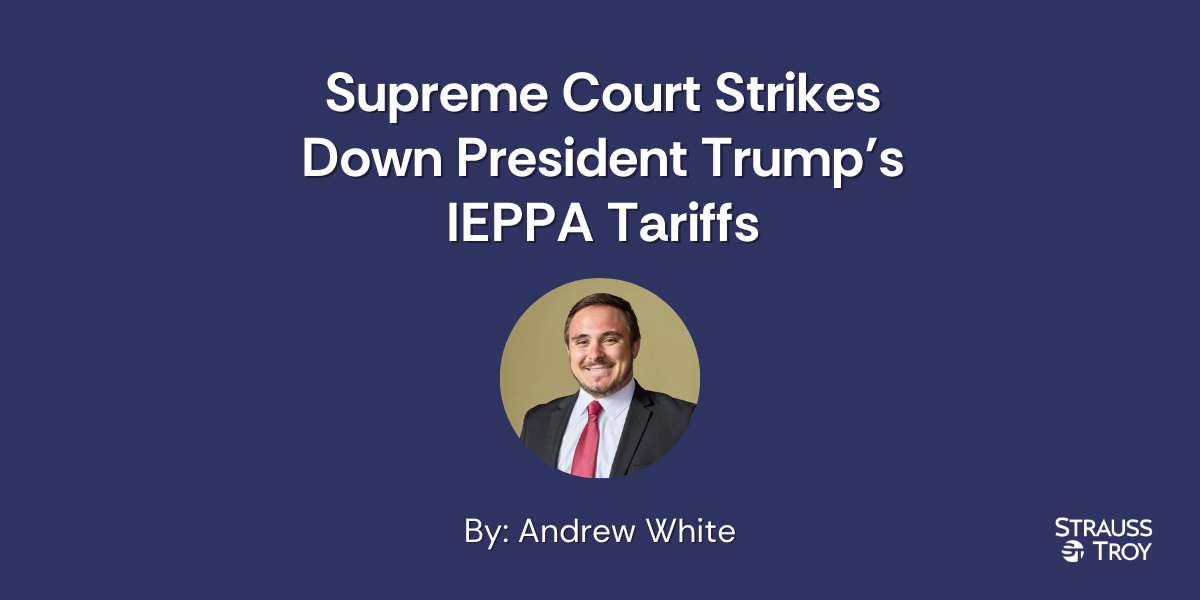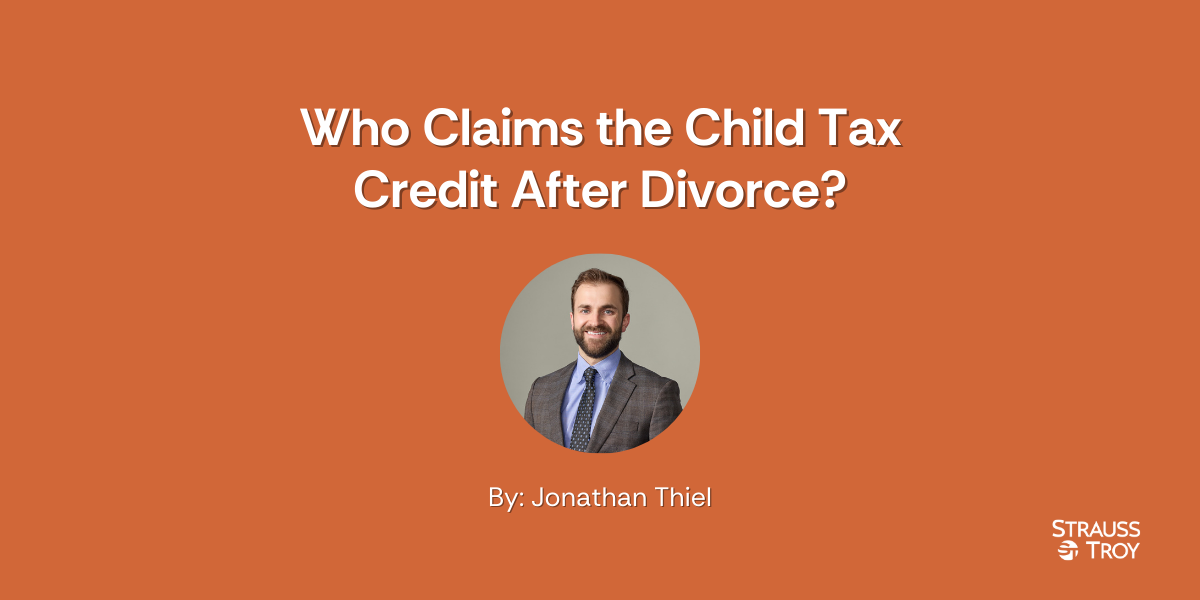There is No Such Thing as Reverse Discrimination: Supreme Court Decides

On June 5, 2025, the Supreme Court of the United States decided Ames v. Ohio Department of Youth Services, unanimously holding that the Sixth Circuit was wrong to impose a higher bar for the case brought by the plaintiff, Marlean Ames, to move forward than if Ames had been a member of a minority group.
The dispute started in 2019, when Ames applied for a new position within the Ohio Department of Youth Services, where she has been employed since 2004. Not only did she not get that job, but she was also demoted to a previous position, where her hourly salary was just over half of what she had previously been making.
Ames filed a lawsuit in federal court, alleging that she had been the victim of employment discrimination in violation of Title VII of the Civil Rights Act. She alleged that she was denied the promotion and later demoted because of her sexual orientation, with a lesbian woman being hired for the promotion and a gay man being hired to replace her after she was demoted.
Both the federal district court and the Sixth Circuit Court of Appeals threw out Ames’s sexual orientation discrimination claims, applying the Sixth Circuit’s “background circumstances” rule. That rule required Ames as a member of a majority group, heterosexuals, to show “background circumstances to support the suspicion that the defendant is that unusual employer who discriminates against the majority” in addition to the other requirements typically needed to establish a prima facie case of discrimination under Title VII.
In a unanimous decision authored by Justice Ketanji Brown Jackson, the Court held that the “background circumstances” rule is inconsistent with the text of Title VII and the Court’s own precedents. The Court reasoned that Title VII’s disparate treatment provision prohibits discrimination against “any individual” based on protected characteristics, which includes an individual’s sexual orientation, and “draws no distinctions between majority-group plaintiffs and minority-group plaintiffs.” The Court emphasized that Congress “left no room [in the text of Title VII] for courts to impose special requirements on majority-group plaintiffs alone.”
The Court also cited its previous precedents that made clear that “discriminatory preference for any group, minority or majority, is precisely and only what Congress has proscribed” in Title VII. The Court sent the case back to the lower court for another look at Ames’s claims under the proper standard.
Our team at Strauss Troy is committed to staying up to date on the latest developments in the law in order to provide our clients with timely and accurate advice in an ever-changing legal landscape. Please contact one of our team members with any questions or concerns you may have.
Andrew D. White: adwhite@strausstroy.com or 513.629.9466
Stephen S. Schmidt: ssschmidt@strausstroy.com or 513.629.9422


.png)
